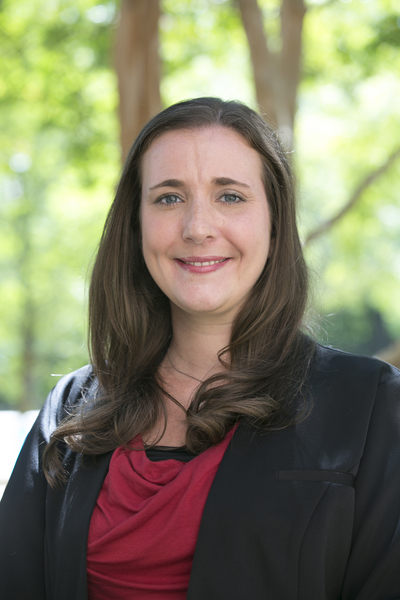
Samford University psychology professor Mandy Howard is known internationally for her expertise in supporting the best psychological outcomes for children in orphanages and foster care. Ideally, that begins with consistent and thoughtfully nurtured attachment relationships between children and caregivers. “Your model for relationships at 12 months predicts the quality of your friendships, the quality of your romantic partners and the quality of your relationships with your own kids,” Howard explained. Unfortunately, chronic shortages of long-term caregivers and a population of volunteers eager for direct, short-term contact with children sometimes combine to disrupt the attachment process.
“What we find is that children who are outside of parental care begin to establish that attachment relationship within days or weeks of being with somebody, and when that person leaves it severs it,” Howard said. Typically, a succession of other volunteers arrive, build relationships and leave. “That can affect the ability of that child to attach to someone long-term,” Howard said. “So, when they do go to a permanent home, because of all these severed attachment relationships it’s going to be harder for them to develop a specific caregiving relationship with the person who’s supposed to be their person forever.” The disruption, then, becomes part of a larger cycle of problems. “Without intervention, that trajectory is pretty solid.”
To illustrate the concern, Howard cited the example of an orphanage volunteer who was asked to get a new baby on the same schedule as the other babies in the facility. The volunteer did that perfectly, and when she left after three weeks the baby in her care, who had grown to associate her with meeting all its needs, was disrupted for another three months and disrupted all the other babies as a result. It was a turning point for that organization, Howard said, and led its leaders to reconsider the way they use volunteers.
Howard said that although there is room for improvement in this country, the problem is more easily seen in international settings, where orphanages might not have legal barriers to short-term, direct contact between children and volunteers. It’s understandable that volunteers want that contact, she said, but the better approach is for volunteers to take on all the work that would otherwise take primary, long-term caregivers away from the vitally important work of supporting healthy attachment relationships. Volunteers can find as much fulfillment, and do more good for children, by doing laundry, cooking and cleaning, she said.
Howard observed that supporting local caregivers in this way also helps create healthy communities beyond the orphanage. Not all children in orphanages are orphans, she said. Some are sent to orphanages by parents who see resources there that aren’t available to children who remain with their families. “For a long-term solution, from an economic perspective, we should be throwing our resources into keeping those families together in the first place,” Howard said.
As clear and important as the scientific research on attachment is, Howard acknowledged that its implied and explicit warnings can alienate volunteer-minded people and create a dangerous gap between scholarship and practice. To close that gap, she and colleagues at California Baptist University and the Christian Alliance for Orphans are combining scholarship and first-hand experience to create a free online curriculum to help caregiving organizations, churches and individual volunteers do the best possible work to support children.
“Very few people go into helping professions without a lot of compassion and without a heart and soul for working with these individuals who are vulnerable and who have this history of trauma,” Howard said. The curriculum, expected to launch in May, 2020, builds on that foundation of faith and desire to help by providing the knowledge and tools required to do it well.
